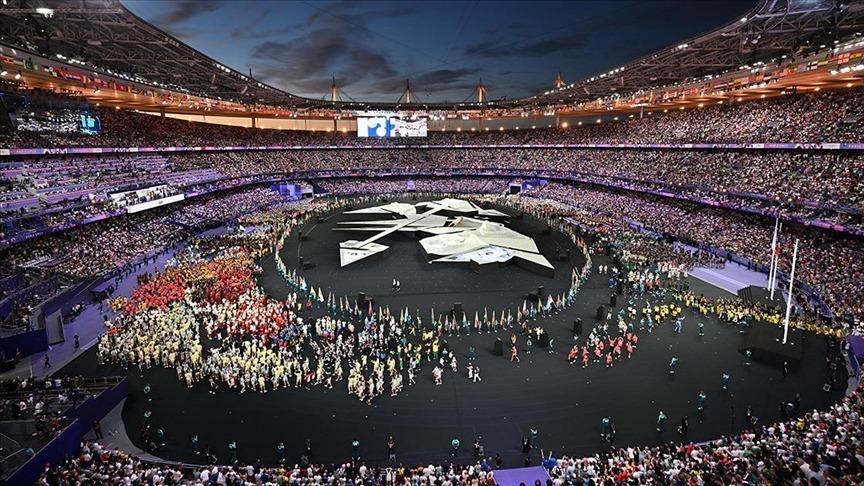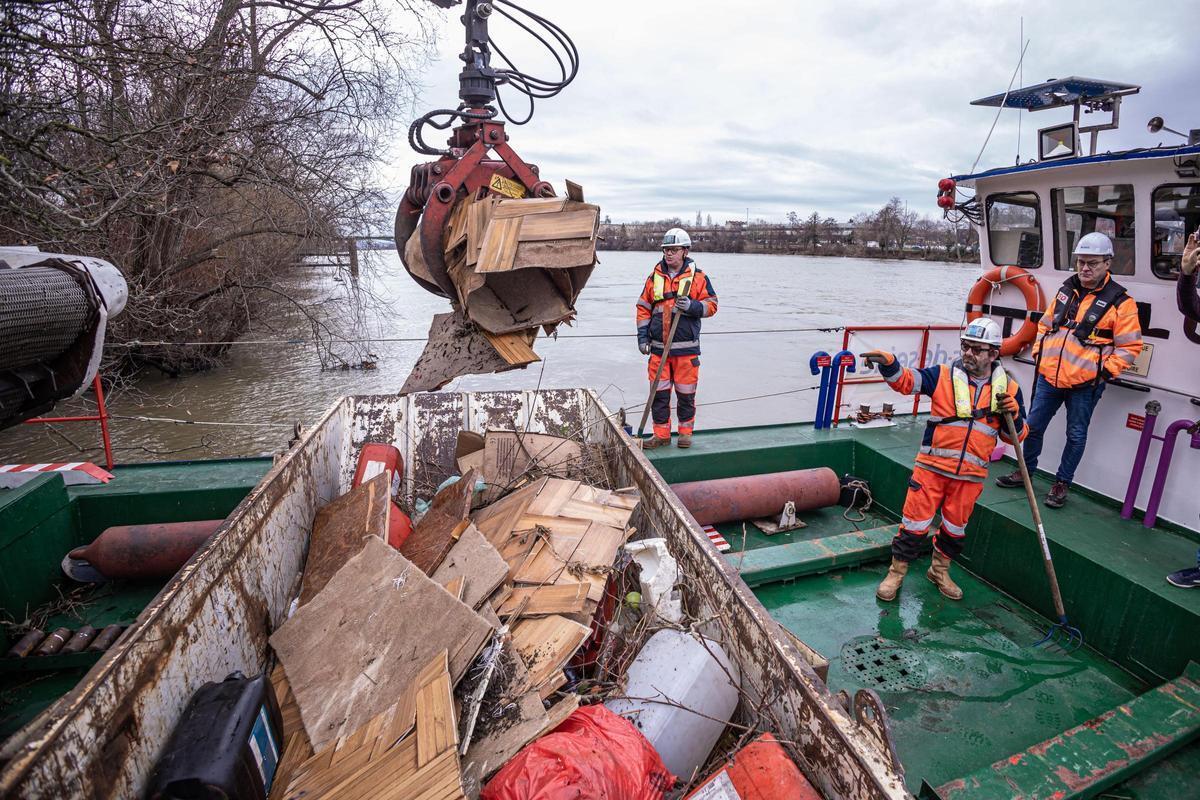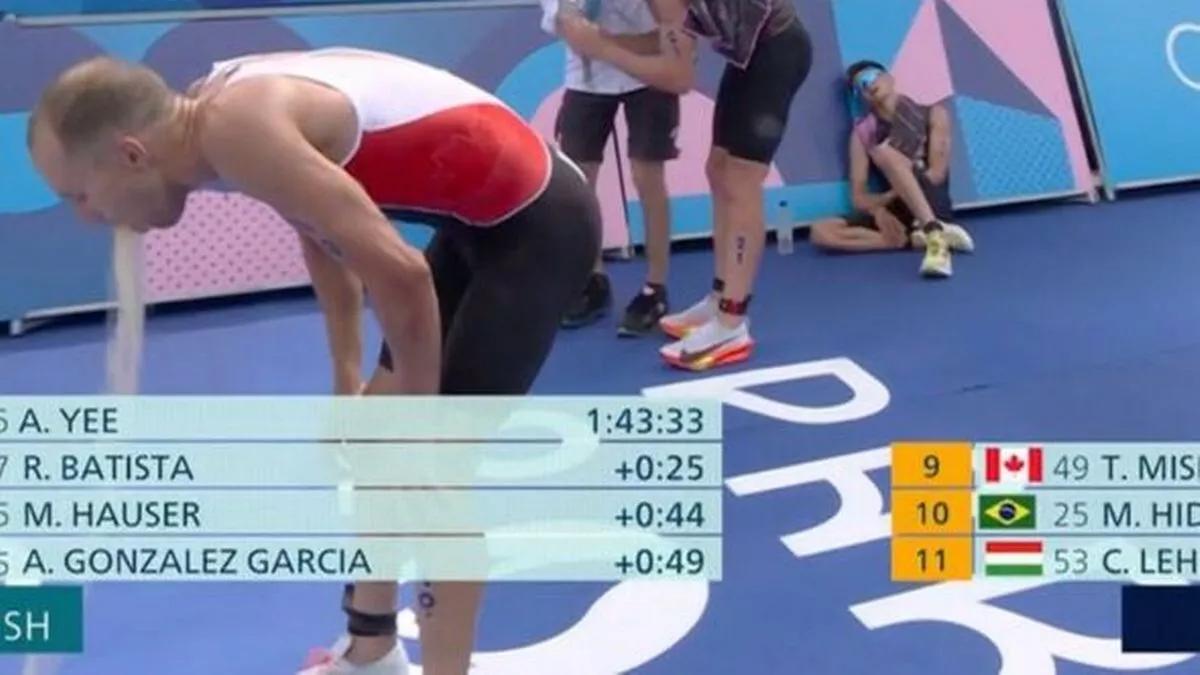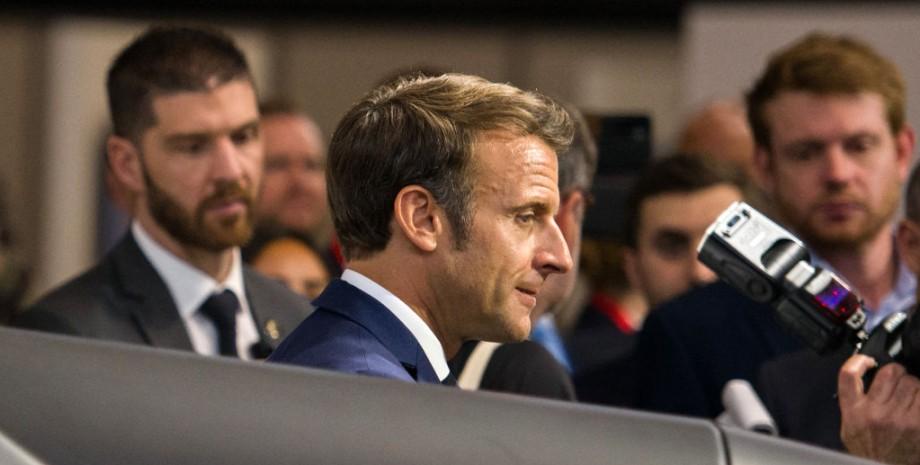Paris 2024 Olympics: A showcase of political spin, environmental failure, and social cleansing From glitz to grit
The official French and Western media describe last week's Paris Olympics as an unequivocal triumph. The Los Angeles Times refers to the year's premier sporting event with the language of a totalitarian state: “At last, the spectacle has come to a close: the 2024 Paris Olympics concluded amid unprecedented enthusiasm and unrestrained joy. As we cast a final glance at the magnificent and awe-inspiring Eiffel Tower, one thing is clear. We now take up the baton. How, on earth, can the 2028 Los Angeles Olympics possibly surpass what the world witnessed during these two weeks of vibrant celebration from the Champ de Mars to the Palace of Versailles? How can we hope to match the emotions of the cheering fans and weeping athletes during this triumphal, Hollywood-style Parisian festivity?”

Yet, what lies behind the façade of this 'Hollywood-style party'? Throughout the Games, media coverage has highlighted issues of corruption, scandal, and failure. The outbreak of a coronavirus epidemic infected dozens of athletes; the ambiguous presentation of the opening ceremony frustrated millions of viewers; there were incidents involving the South Korean and Azerbaijani teams during the national team introductions; and concerns about crime, dreadful living conditions in the Olympic Village, unsanitary conditions, double standards in team admissions, and police oppression painted a grim picture of the 2024 Paris Olympics.
The celebration of sports has turned into a financial burden for France. The cost of the Games has far exceeded initial estimates, reaching between 8 to 10 billion euros—twice the original budget. Private businesses also faced disappointing returns, as much of Paris was cordoned off with fences and police barriers, restricting access to cafes and entertainment venues. This has contributed to the Olympics’ declining appeal for many cities and countries.
Hamburg was initially a leading contender to host the 2024 Summer Olympics, but Germans rejected the bid in a referendum. Similarly, the Swiss and Swedes opposed hosting, resulting in the shortlist for the Olympic capital being narrowed to Paris and Los Angeles, which subsequently won the rights to host the Games in 2024 and 2028, respectively.

Of the funds allocated for Olympic preparations, approximately $1.5 billion was directed towards cleaning the Seine River, which had become severely polluted. However, a significant portion of this money appears to have been misappropriated. By the end of the Games, several athletes were hospitalized with suspected water poisoning. Canadian triathlete Tyler Mislawchuk vomited ten times before completing his race. His Belgian counterpart Claire Michel, was rushed from her hotel bed to a hospital bed following the women's triathlon.
Ultimately, the Belgian team withdrew from the Games. As noted by First Sports journalist Rupha Ramani, “It seems athletes in Paris are tested for resilience more often outside the competition than on the playing fields themselves.”
Rachel Klamer from the Netherlands told RTL that “swimming in the Seine was disgusting... The current in the river created additional obstacles, turning the swim into a real lottery.” Dutch athlete Maya Kingma emphasized that such conditions were a disgrace to the organizers and she tries not to think about the aftermath of swimming in contaminated water. “I’m glad the competition took place, but this level of stress is not something I would want to repeat.”
French politicians worked tirelessly to leverage the recent Olympics for political gain, with President Emmanuel Macron seemingly earning a gold medal in this "sport." Even French Olympic champion Hugo Hay, who competed in the 5,000 meters final, remarked that the Games belonged to the athletes, not to Macron.

Macron’s sun-tanned appearance drew mockery when he appeared on screen in the Olympic fan zone at Place Stalingrad during the men's basketball final between the USA and France. Reports indicated that the President’s attempts to embrace any nearby French Olympian were seen as distasteful.
After judoka Romane Dicko won a bronze medal, Macron’s enthusiastic embrace reportedly left her feeling “a bit embarrassed.” Ultimately, Macron’s hopes that the Olympics would boost his popularity were unmet. By early August, only 27 per cent of French citizens believed he could address the country’s problems, a mere two per cent increase from the previous month.
The Paris Games were also notable for their repressive policies targeting opponents and marginalized communities. Noah Farjon, an activist with the counter-Olympics organization Saccage 2024, was arrested twice for attempting to organize informational tours for journalists and concerned citizens interested in the environmental and social impacts of the Olympics on the northern Paris suburb of Saint-Denis.
These "Toxic Tours" caught the attention of French intelligence services, leading to Farjon and two journalists being detained for 10 hours. Days later, Farjon was arrested again and fined €135 for organizing an "illegal demonstration." He described these actions as a "gross abuse of police power" and evidence of the authorities’ harsh stance against political dissent during the Games. Interestingly, Farjon noted that the authorities used his first arrest, for which charges had been dropped, to justify his second arrest.

Paris also set a record for social cleansing, with approximately 12,500 homeless individuals and those living in inadequate housing being bused out to other cities. Activists from the organization “Another Side of the Coin” condemned these deportations as “social cleansing” and a “mockery of human rights on an Olympic scale.” The whereabouts of many of those removed remain unknown.
The media is already discussing how issues from Paris might be handled in Los Angeles, particularly if French Olympic preparation methods are adapted for the 2028 Games.
Kenneth Mejia, Los Angeles City Controller, has highlighted that housing problems in California’s largest city are more severe than those in Paris, with ten times more homeless individuals. Mejia is concerned about the potential adoption of French practices in the US, especially given that California Governor Gavin Newsom is actively combating homelessness.

The media also emphasizes that the 2024 Games underscored the critical importance of environmental considerations. Despite spending billions of euros, the French only partially addressed pollution issues. Other major cities slated to host future Olympics may face similar environmental challenges.
Almost all analysts agree that the Paris 2024 Olympics and its media companies prioritized promoting France and its regime over advancing sports. For the first time in Olympic history, events were partially moved to the streets of Paris, and the colorful, pagan-themed spectacles primarily showcased a biased and ambiguous portrayal of French history rather than focusing on athletics. This strategy might be adopted by future Olympic organizers, potentially altering the nature of the Olympic movement overall. The emphasis could shift further from sports to politics and public relations.

Interestingly, the first Olympic Games in Paris took place in 1900. Back then, they were also marred by numerous failures and controversies, leading the founder of the Olympic movement, Pierre de Coubertin, to describe the 1900 Games as "degrading" and remark that "It is a miracle that the Olympic movement survived these Games." In the near future, we will see what impact the Paris 2024 Olympics will have on the future of the Olympic movement.








